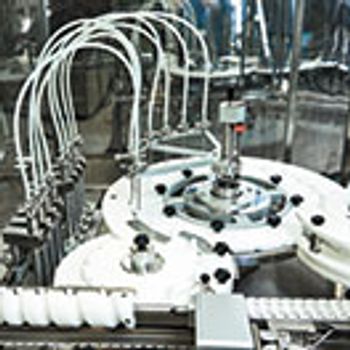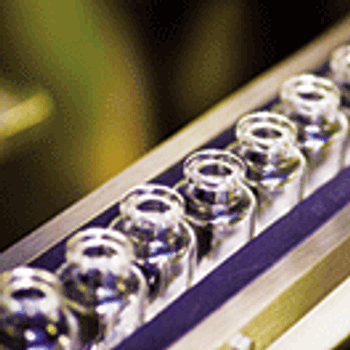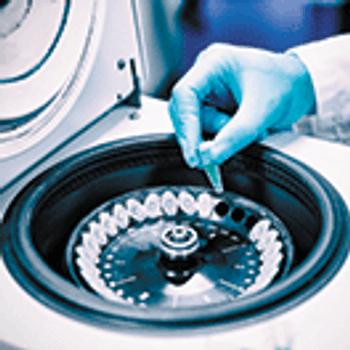
The company added a new EUR 63-million (US$72-million) packaging center at its manufacturing site in Darmstadt, Germany.

The company added a new EUR 63-million (US$72-million) packaging center at its manufacturing site in Darmstadt, Germany.

The companies partnered to build a 500-L single-use pilot-scale plant for biologics production.

A collaboration using Pall’s bioprocessing technology in G-CON’s PODs enables flexible continuous bioprocessing and viral vector facility solutions.

The CHF 400-million (US$416-million) investment in Lonza's biopark in Visp, Switzerland, will expand Ibex Solutions with two new offerings, drug substance development and drug substance and drug product manufacturing.

BeiGene is set to build late-stage clinical and commercial production capacity for cancer monoclonal antibodies with GE Healthcare’s KUBio, the prefabricated biopharma facility based on single-use technologies.

The biopharmaceutical company will invest approximately $800 million to expand facilities and manufacturing capacity at its campus in Rensselaer County, NY.

The drug particle engineering and nanotechnology company offers a nanotechnology platform that can revive failed drugs in the pharma pipeline.

Avara Pharmaceutical Services acquired Sandoz’s sterile manufacturing facility for injectable medicines in Boucherville, Quebec, Canada.

The company is increasing manufacturing capacity at its Copenhagen, Denmark facility with the addition of six new bioreactors.

FDA grants support US research in continuous manufacturing monitoring and control techniques for bio/pharmaceutical manufacturing at Rutgers, MIT, and Georgia Tech.

The agency issued a warning letter to Canadian API manufacturer, Les Produits Chimiques B.G.R, citing cGMP violations at its API facility in Pointe-Claire, Quebec.

The company broke ground on its $200-million, 120,000-ft2 biomanufacturing plant in West Greenwich, RI.

Moderna’s new manufacturing plant in Norwood, MA gives the company capacity for preclinical and Phase I and II clinical manufacturing for its mRNA development candidates, including personalized cancer vaccines.

The expansion at the company’s Gillingham, UK, site, worth EUR 9 million (approximately US$10.5 million), will improve the company’s distribution capabilities.

Modern technologies, including Industry 4.0 and the Industrial Internet of Things, offer opportunities to increase biopharmaceutical manufacturing efficiency.

The company has completed the first phase of expansion at its headquarters in Freiburg, Germany, in anticipation of increasing demand as cell and gene therapies approach commercialization.

The contract development and manufacturing company has received an additional approval from Health Canada to manufacture monoclonal antibody drug substance at its first plant in Icheon, South Korea.

Single-use technologies have become increasingly prevalent in final fill/finish operations for biologics.

The company will provide the first FlexFactory manufacturing platform for cell therapy manufacturing.

Aseptic fill/finish is crucial in biopharma manufacturing and is optimized through automated technology.

Higher cell titers and cell densities have posed a challenge to cell harvesting, a crucial step in biologics manufacturing.

Ingenza, in partnership with the University of Dundee and Drochaid Research Services, will work on a project to recycle CO2 emissions from bioprocessing plants to serve as feedstock and energy inputs.

This marks the third FDA approval for the company’s second biomanufacturing plant in Incheon, Korea.

The gene therapy company is expected to invest $55 million in a new manufacturing facility that will produce therapies for rare neurological genetic diseases.

The company is increasing its cell culture media production capacity at its facilities in Pasching, Austria, and Logan, Utah.